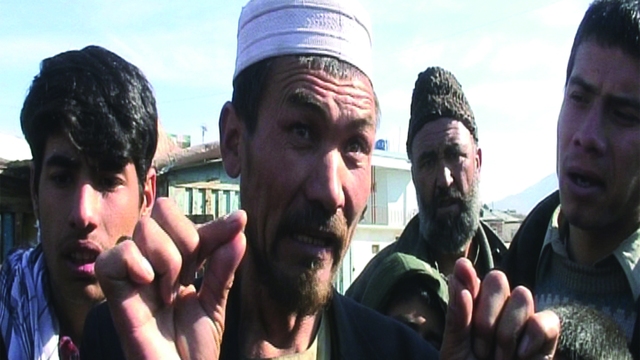Defending the Taliban
The people of Kabul consider the benefits of Taliban government, and how the UN mission has failed to deliver.
 As the coldest winter in a decade comes to an end, the residents of Kabul feel little warmth towards the government. Despite restrictions under the Taliban, increased corruption risks the authority of those now in power.
As the coldest winter in a decade comes to an end, the residents of Kabul feel little warmth towards the government. Despite restrictions under the Taliban, increased corruption risks the authority of those now in power.
Life in Kabul has got harder since the Taliban left. "From the point of view of security," says baker Muhammad Bashir, "the Taliban were good. The bribery is really bad now. And as for security, you can't reach home if you have money on you. Your family, your property - they are all in danger." Failure to deliver on human rights, aid and democracy promised after 2001 has undermined the authority of the international mission, and corruption and unemployment are rife. Even Shia Muslims, persecuted under Taliban rule, have some praise for the extremist regime: "The Taliban beat women, and there were restrictions. But at least there was no bribery." Not everyone shares the same view, and there are those who maintain that "if the Taliban come back," says another Shia, "we'll fight them. They only want power for themselves, no-one else. Yes, there was stability under them, but it was the stability of oppression." Afghans have never expected much from their state. "Everyone who gets into power in this country just fills their pockets and leaves", complains one Kabul barber. But with more promises has come more disappointment.
FULL SYNOPSIS

